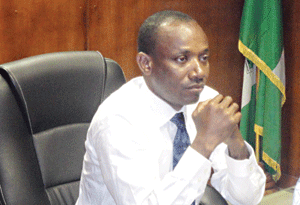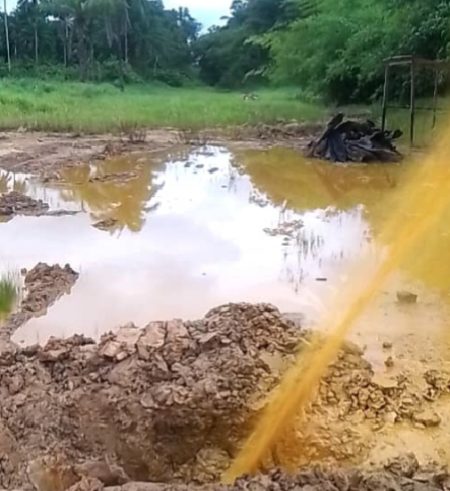13 November 2011, Sweetcrude, Abuja – The Chairman of the Nigerian Electricity Regulatory Commission (NERC), Dr. Sam Amadi, has stated that Nigeria must achieve energy security if it must attain food and national security.
Amadi made this assertion over the weekend, while delivering a Convocation Lecture at the Federal College of Agriculture, Ishiagu, Ebonyi State.
Amadi in the lecture titled “Agriculture and Power: The Nigerian Situation” said that there is a correlation between the available energy in an economy, food security as well as the national security, which is no longer defined in terms of territory in modern day international relations.
“For Nigeria to have less than 4,000megawatts available for its large population and to spend about N1 trillion annually to import its four most basic foods is to be insecure. To be food sufficient is beginning of national security,” Amadi said.
He explained that modern agriculture requires high energy input at all stages of its cycle such as in farm machinery, water management, irrigation, cultivation, harvest and post harvest usage for storage and transportation.
Advanced agriculture in the industrialised countries have benefitted from equal advancement in national energy generation whereas Nigeria, has abysmally lagged behind industrialised countries in modernising its energy inputs to agriculture, according to him.
As such, “It is no longer sufficient for a nation with large population base such as ours to depend on peasant agriculture and a smattering of few commercial farms for food security.
Amadi said that notwithstanding the presentation of any brilliant economic blueprint, “the prospect for economic growth in the future will be determined by how green an economy is.”
In his analysis of a Food and Agriculture Organisation statistics, Amadi said that Nigeria’s agriculture sector spends so much human capital to produce so little and that the agriculture is 95 per cent under-efficient.
According to him, “The fate of agriculture and electricity in Nigeria is linked because both sectors are severely distressed due to failure of successive governments to smartly articulate and effectively implement sound policies that would have guaranteed success in both sectors.”
Providing the solution to reverse this ugly trend, Amadi said that the Ministry of Power and NERC need to urgently provide policy and regulatory frameworks for reliable supply of electricity to farmers and other agro entrepreneurs.
He was, however, quick to add that relevant agriculture agencies in the country must first carry out empirical investigations to determine the diverse energy needs and the gap for the agriculture sector before his agency could deliver on that promise.




